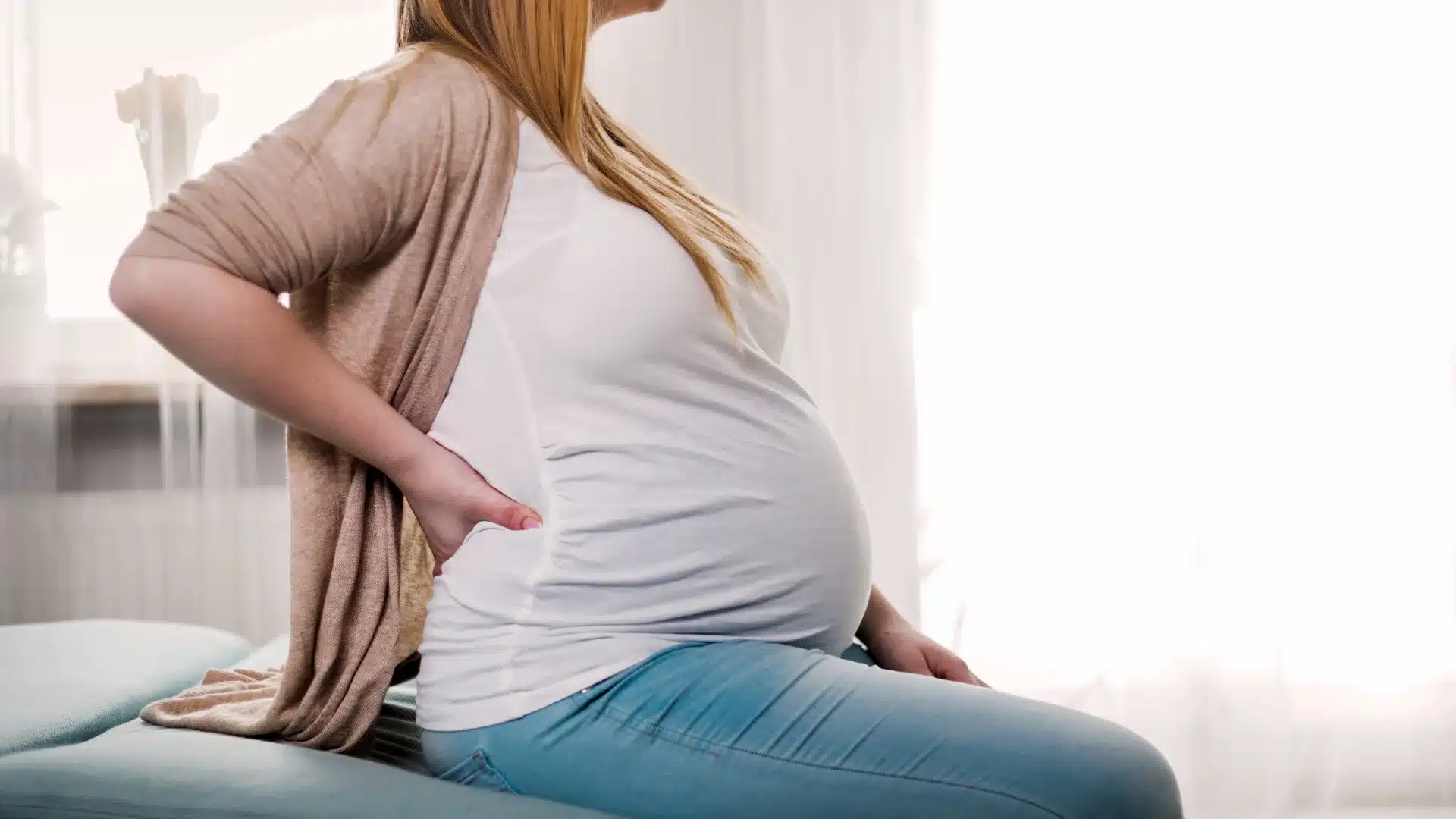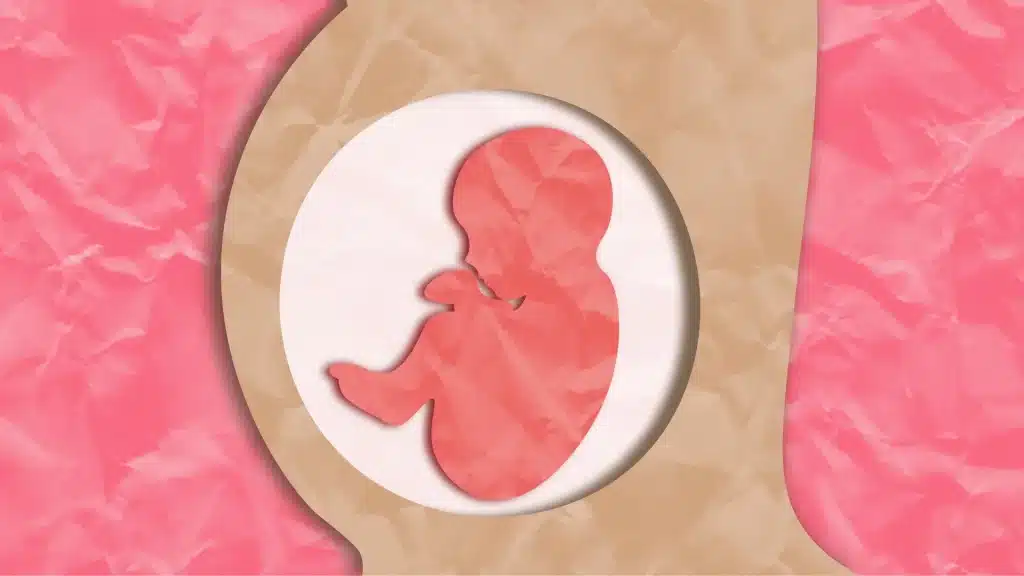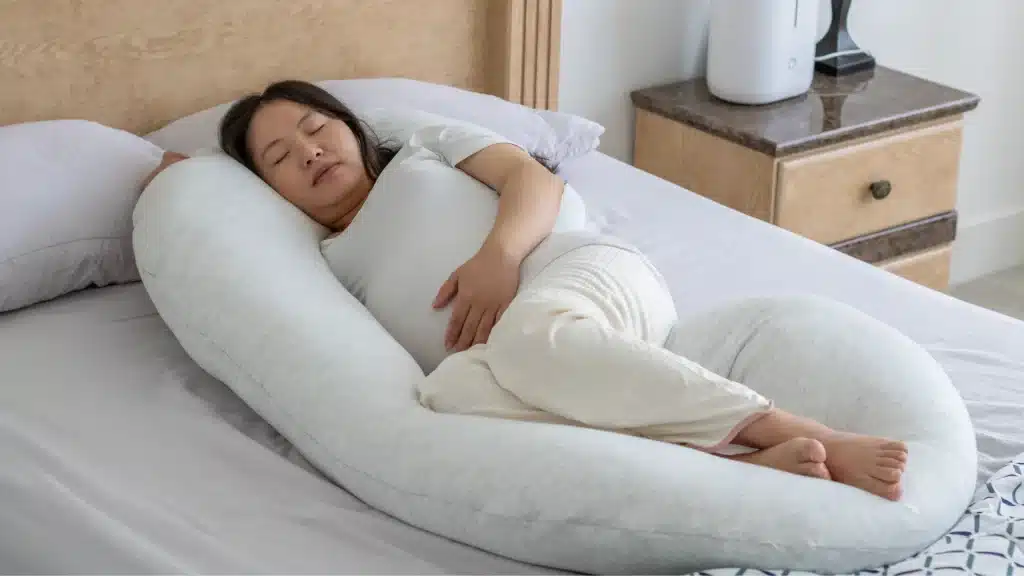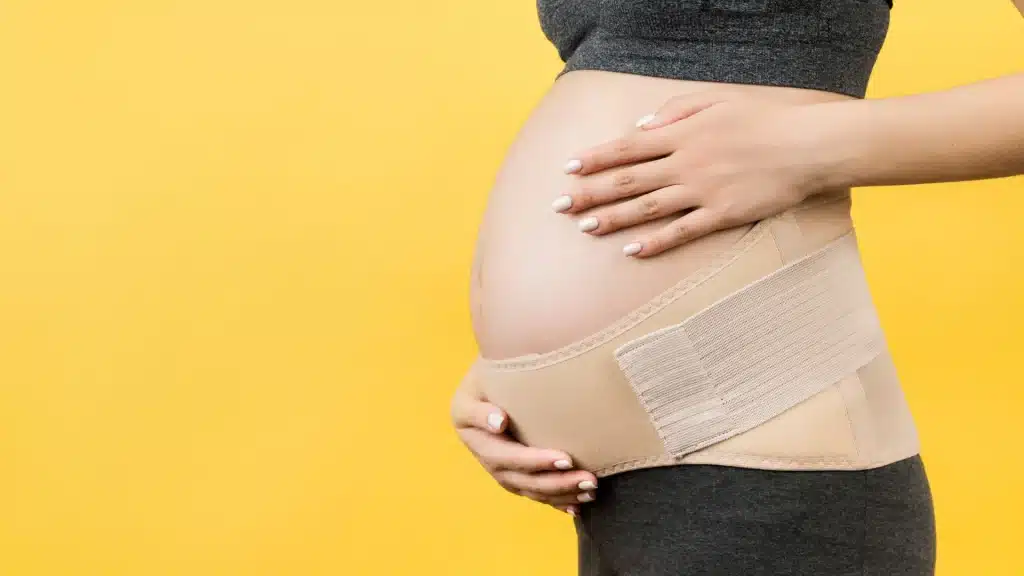Hip Pain During Pregnancy: Causes and Tips for Relief

Overview
Pregnancy is a beautiful journey, but it often comes with its challenges—hip pain being one of the most common. As your body changes to accommodate your growing baby, you may experience discomfort in your hips.
This pain can range from mild to severe, making daily activities like walking or sleeping difficult. Understanding the causes and learning how to manage hip pain can make your pregnancy more comfortable.
Why Does Hip Pain Happen During Pregnancy?
Hip pain during pregnancy is usually due to physical and hormonal changes. Here are the main reasons why it occurs:
1. Hormonal Changes
During pregnancy, your body produces a hormone called relaxin, which helps loosen the ligaments in your pelvis to prepare for childbirth. While this is necessary, it can lead to instability in the hip joints and cause discomfort or pain.
2. Weight Gain
As your baby grows, the extra weight puts more pressure on your hips and lower back. This added strain can lead to pain and fatigue in the hip joints.

3. Changes in Posture
Your center of gravity shifts as your belly grows, which can lead to poor posture. Many pregnant women arch their lower back to balance their weight, leading to increased pressure on the hips.
4. Pelvic Girdle Pain (PGP)
PGP is a common condition during pregnancy where the joints in the pelvic area become stiff or misaligned. This can cause pain in the hips, lower back, and groin.
5. Sleeping Position
Sleeping on your side, which is recommended during pregnancy, can sometimes cause hip pain due to prolonged pressure on one side of the body.
6. Sciatica
The growing uterus may press on the sciatic nerve, causing pain that starts in the lower back and radiates through the hips and legs.

Symptoms
The symptoms of hip pain can vary depending on the cause. Common signs include:
- Aching or sharp pain in the hips, especially after standing or walking for a while.
- Stiffness or soreness in the morning.
- Pain radiating to the thighs or buttocks.
- Discomfort when changing positions, such as getting up from a chair or turning in bed.
When to Seek Medical Attention
While mild hip pain is common and usually not a cause for concern, you should see your doctor if:
- The pain is severe or constant.
- You have difficulty walking or performing daily tasks.
- You experience swelling, redness, or warmth in the hip area.
- The pain is accompanied by fever or other unusual symptoms.
Management
Thankfully, there are several ways to manage hip pain at home during pregnancy that are comfortable and beneficial for the mother and his kid. So here are some effective remedies:
1. Practice Good Posture
Maintaining proper posture can help reduce pressure on your hips.
- Stand with your shoulders back and your spine straight.
- Avoid slouching when sitting; use a cushion to support your lower back.
- Distribute your weight evenly when standing.
2. Use a Pregnancy Pillow
Sleeping with a pregnancy pillow can alleviate hip pain by supporting your belly and keeping your hips aligned. Place the pillow between your knees while lying on your side to reduce pressure on your hips.

3. Stay Active with Gentle Exercises
Low-impact exercises can strengthen the muscles around your hips and improve flexibility with higher blood flows that result in relief from pain. Below are some exercises:
- Pelvic Tilts: Stand or lie on your back, tighten your abdominal muscles, and tilt your pelvis slightly forward. This can relieve lower back and hip pain.
- Butterfly Stretch: Sit with your feet together and gently press your knees toward the ground to stretch the hips.
4. Apply Heat or Cold Packs
Use a heating pad or warm towel to relax tense muscles and ease stiffness, this is an immediate effect action that makes your muscles relax. For swelling or inflammation, apply an ice pack wrapped in a towel to the affected area for 10-15 minutes.

5. Wear Supportive Shoes
During pregnancy, avoid high heels and opt for good footwear with good arch support to reduce strain on your hips. Orthotic insoles can also help improve your posture and relieve pain.
6. Massage Therapy
A prenatal massage can ease muscle tension and improve blood flow to the hip area. You can also gently massage your hips at home using a foam roller or tennis ball for targeted relief. This is also common and widely used in Indian houses.
7. Use a Belly Band
Maternity belly bands provide support to your lower back and abdomen, reducing the strain on your hips. It may be especially helpful during the later stages of pregnancy.

8. Take Warm Baths
Soaking in a warm bath can relax your muscles and relieve hip pain. Add Epsom salts for added relaxation and pain relief.
9. Lifestyle Adjustments
Making small lifestyle changes can also help manage hip pain during pregnancy:
- Avoid Heavy Lifting: Carrying heavy items can worsen hip pain. Ask for help when needed.
- Take Breaks: Avoid standing or sitting for too long. Alternate between the two to prevent stiffness.
- Practice Prenatal Yoga: Yoga poses like the child’s pose or cat-cow stretch can help improve flexibility and reduce pain.
Prevention
While you can’t completely avoid hip pain during pregnancy, these tips can minimize your risk:
- Start strengthening your core and pelvic muscles before pregnancy using easy exercises.
- Avoid crossing your legs while sitting, as it can strain your hips.
- Use ergonomic furniture that supports your back and hips.
- Stay hydrated and eat a balanced diet to maintain healthy muscle function.
Takeaways
Hip pain during pregnancy is a common issue, but it doesn’t have to overshadow this special time in your life. By understanding the causes and taking proactive steps, you can manage the discomfort and keep your hips healthy. Simple remedies like using a pregnancy pillow, doing gentle stretches, or applying heat therapy can make a big difference.
